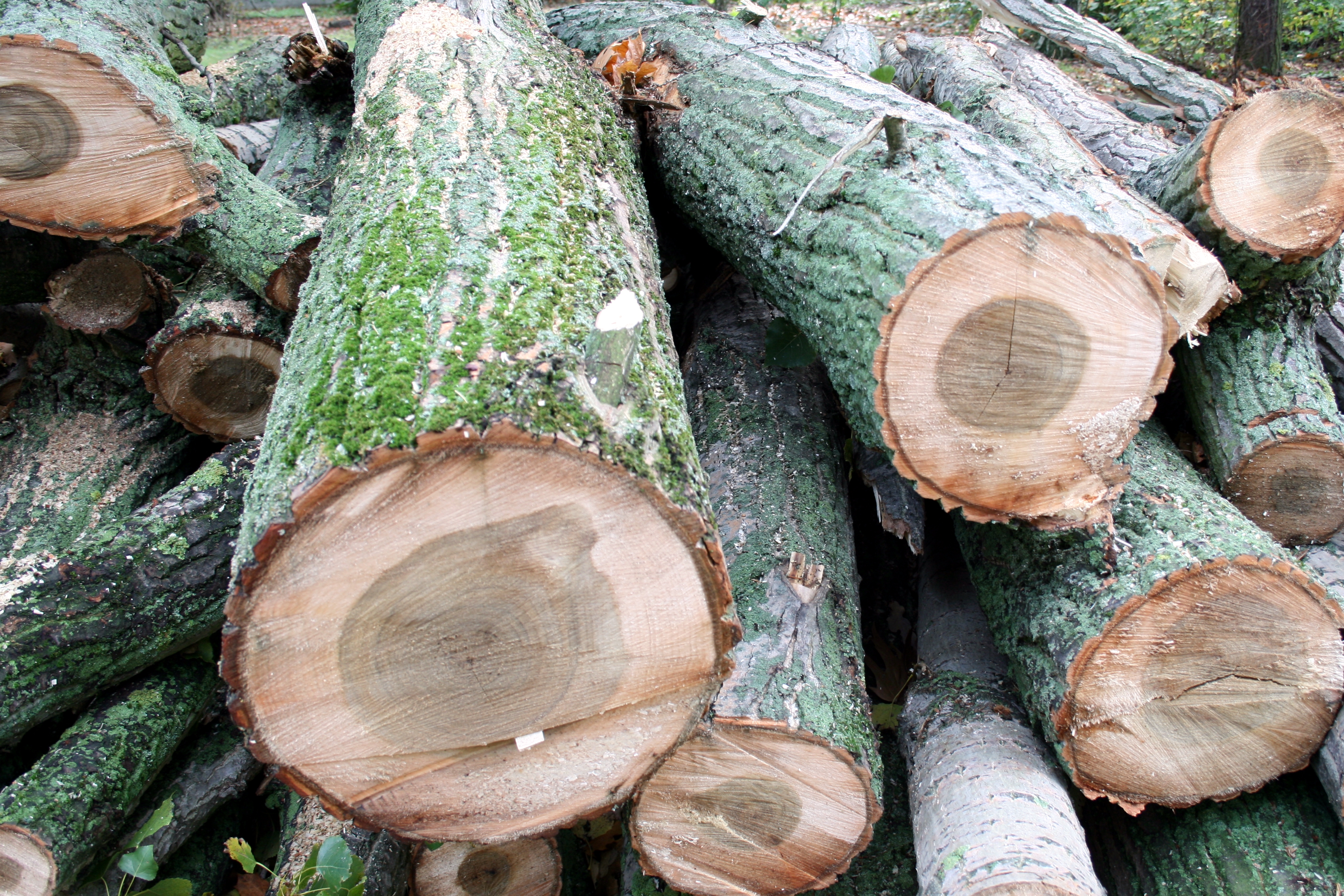Press release
Necessity is the mother of invention: Fraunhofer WKI tests utilization of low-value hardwood for wood fiberboard
Climate change is threatening the domestic coniferous forests. Coniferous wood is necessary for, amongst other things, the production of medium-density and high-density wood fiberboard (MDF and HDF). Researchers at the Fraunhofer WKI have now discovered how low-value hardwood species can be used supplementarily to softwood in the manufacture of these wood-based materials. For the wood-processing industry, this opens up new possibilities for compensating for supply shortages in coniferous wood.
Extreme drought, forest fires, storms and pests have severely afflicted German forests in recent years. In order to make the forests more resilient in times of climate change, more deciduous trees are being planted than conifers. As a result, the shortage of softwood will intensify in the future, whilst the quantity of hardwood will increase.
For the wood-processing industry, a fragmented supply of softwood presents a problem. It therefore makes sense to test the utilization of low-value hardwood species in production in order to counteract supply shortages.
Until now, low-value hardwood assortments have used primarily for thermal recycling. The researchers at the Fraunhofer WKI have now found a solution for material utilization.
“Low-value hardwoods will be securely available in the future. Furthermore, the utilization as a basis for wood-based materials is more sustainable than the use as a heating medium,” says Project Manager Dr. Dirk Berthold, describing the initial situation.
In the “GerLau” project, the researchers at the Fraunhofer WKI investigated the optimization of pulping technology and the production of fiberboard materials. The project partners, the Nordwestdeutsche Forstliche Versuchsanstalt (Northwest-German Forestry Research Institute, NW-FVA) and the University of Göttingen, addressed the potential analysis and the value chain of low-value hardwoods.
At the Fraunhofer WKI technical center, initial experiments on pulping were performed in order to fractionate the fibers using differing methods and to thereby assess the qualities. The fibers from the hardwood species beech, ash and birch were then processed into MDF and HDF boards using a mixture containing spruce fibers. As a result, the researchers at the Fraunhofer WKI discovered that a substitution of coniferous wood by hardwood of up to 50 percent is possible.
“We were able to show that even commercially available grinding-disc sets achieve good results in terms of fiber yield and size distribution. The fiber qualities correspond to those of pure coniferous wood fibers and are suitable for the production of MDF and HDF boards,” summarizes Dr. Berthold. In addition, the scientists were able to determine, by means of board production and testing, that the MDF and HDF boards fulfill the quality requirements for the mechanical properties. Furthermore, the MDF boards also fulfill the required hygric properties. Through the use of additives, these properties can also be achieved for HDF boards.
“The utilization of low-value hardwoods in the wood-processing industry for the production of MDF and HDF boards should be possible without major development steps. Adjustments in production are only necessary in preliminary sorting at the woodyard and in an adaptation of the applied additives,” says Dr. Berthold.
The utilization of low-value hardwood species increases planning reliability for the wood-processing industry, even in times of minimal softwood supply. This can have a positive effect on the overall competitiveness of the German agriculture and forestry sectors.
The project “GerLau” was performed in collaboration with the partners the University of Göttingen and the Nordwestdeutsche Forstliche Versuchsanstalt and was funded by the German Federal Ministry of Food and Agriculture (BMEL) via the project management Fachagentur Nachwachsende Rohstoffe e. V. (FNR).
In the “FutureWood” project, which will run until 2022 and which is funded by the Fachagentur Nachwachsende Rohstoffe e. V., scientists at the Fraunhofer WKI are currently investigating the raw-material quality produced by various silvicultural systems. They thereby take climatic and ecological aspects into account. On this basis, amongst other things, the manufacturing procedures for the sustainable production of high-quality coniferous timber shall be ensured.
Background
Sustainability through the utilization of renewable raw materials has formed the focus at the Fraunhofer WKI for more than 70 years. The institute, with locations in Braunschweig, Hanover and Wolfsburg, specializes in process engineering, natural-fiber composites, wood and emission protection, quality assurance of wood products, material and product testing, recycling procedures and the utilization of organic building materials and wood in construction. Virtually all the procedures and materials resulting from the research activities are applied industrially.
Last modified:
 Fraunhofer Institute for Wood Research
Fraunhofer Institute for Wood Research 